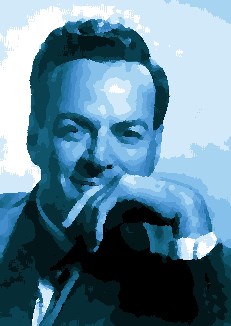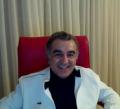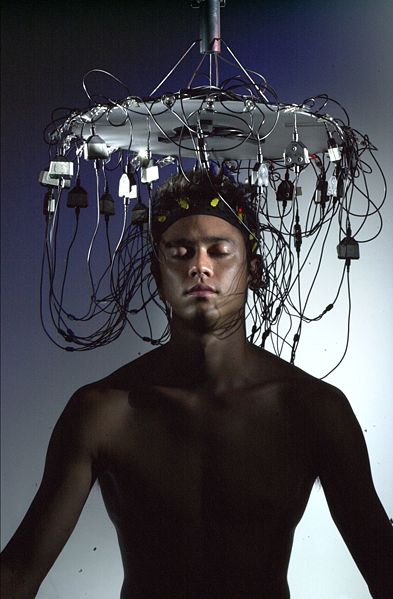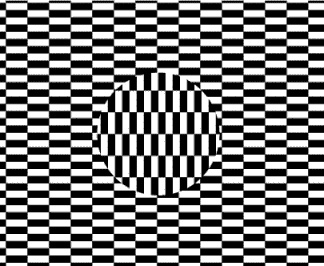Who says science journalism is dying when it seems to be gloating about slaying one sacred cow after another: chiropractic, homoeopathy and now... dieting.
The internet is bursting to the seams with weight loss programs, slimming advice, nutrition counselling, fitness regimes, low fat, low carb, low salt, low sugar, low motivation diets. It's enough to drive one to drink, except that it would also make you fatter...or would it?
I've been pondering this for some time and have just now been fired into action by a comment I made in another article “
Building Smarter Artificial Intelligence By... Shrinking the Body?” One approach to artificial intelligence is to model the activities of neurons as electrical circuits with multiple inputs and multiple outputs. The model assumes that each individual neuron affects only those other neurons with which it has direct contact at the synapses. But, we also know that an electrical signal will also generate an electromagnetic field.
"He [the Poet] considers man and nature as essentially adapted to each other, and the mind of man as naturally the mirror of the fairest and most interesting properties of nature. and thus the Poet, prompted by this feeling of pleasure, which accompanies him through the whole course of his studies, converses with general nature, with affections akin to those, which, through labour and length of time, the Man of science has raised up in himself, by conversing with those particular parts of nature which are the objects of his studies.
I really like this optical illusion made by Japanese artist Hajime Ouchi. It's just so simple - just black and white rectangles - and yet has the illusion of both movement and depth. Reminds me a little of some Vasarely images but his were mainly warped spaces - more optical-candy rather than optical-high!
Physicians have long recognized that pinpointing specific causes of disease in individual patients enables therapies that are the most likely to confer benefit with the fewest adverse effects. We also recognize the potential for disease prevention through identification of specific risk factors and mitigation of their effects. For a century, we have known that many of these risk factors are genetic. In the past 20 years, the genomic revolution has translated this knowledge into a new understanding of disease: mutations that cause more than 2000 mendelian diseases have been identified, which has led to the rewriting of textbooks of pathophysiology of every organ system and the identification of rational targets for therapeutic intervention.
Most Americans believe God is concerned with their personal well-being and is directly involved in their personal affairs, according to new research out of the University of Toronto.
Overall, most people believe that God is highly influential in the events and outcomes in their lives. Specifically:
- 82 per cent say they depend on God for help and guidance in making decisions;
- 71 per cent believe that when good or bad things happen, these occurrences are simply part of God's plan for them;
- 61 per cent believe that God has determined the direction and course of their lives;
 A Tribute To Richard Feynman: Feynman Point Pilish Poems 2013
A Tribute To Richard Feynman: Feynman Point Pilish Poems 2013 The Math-e-Monday Puzzle: Squares from a Tetrahedral Die
The Math-e-Monday Puzzle: Squares from a Tetrahedral Die The Math-e-Monday Puzzle: Infinite Packings Within Finite Figures
The Math-e-Monday Puzzle: Infinite Packings Within Finite Figures Solution to The Jailer's Revenge
Solution to The Jailer's Revenge











